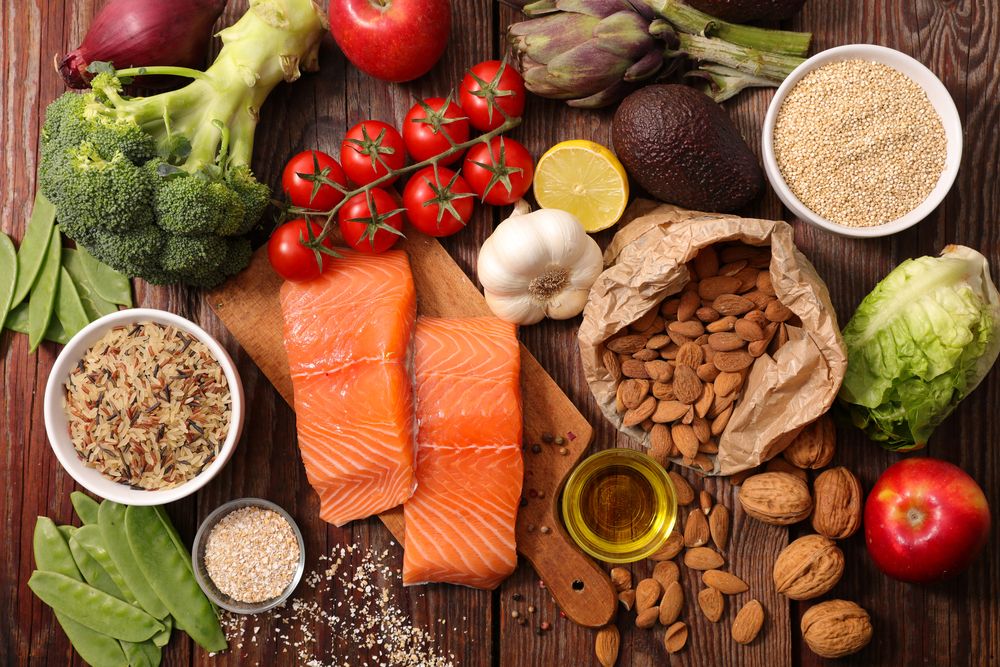In 2024, if you're considering a 'New Year, New You' approach by exercising daily and cutting out your favorite foods, only to struggle with consistency, it might be time for a change. Nutrition experts often emphasize that enhancing your diet with beneficial foods is more impactful than just eliminating certain items.
Incorporating a variety of nutrient-rich foods, packed with antioxidants, fiber, lean protein, and vital micronutrients, can greatly influence your overall health and daily well-being. While no single food is a cure-all, a balanced diet can aid in various health goals. Whether it's lowering cholesterol, managing weight, reducing blood sugar, strengthening the immune system, or simply boosting energy levels, the regular inclusion of these nutritious foods in your diet can be a key factor in achieving your health objectives.
1) Berries
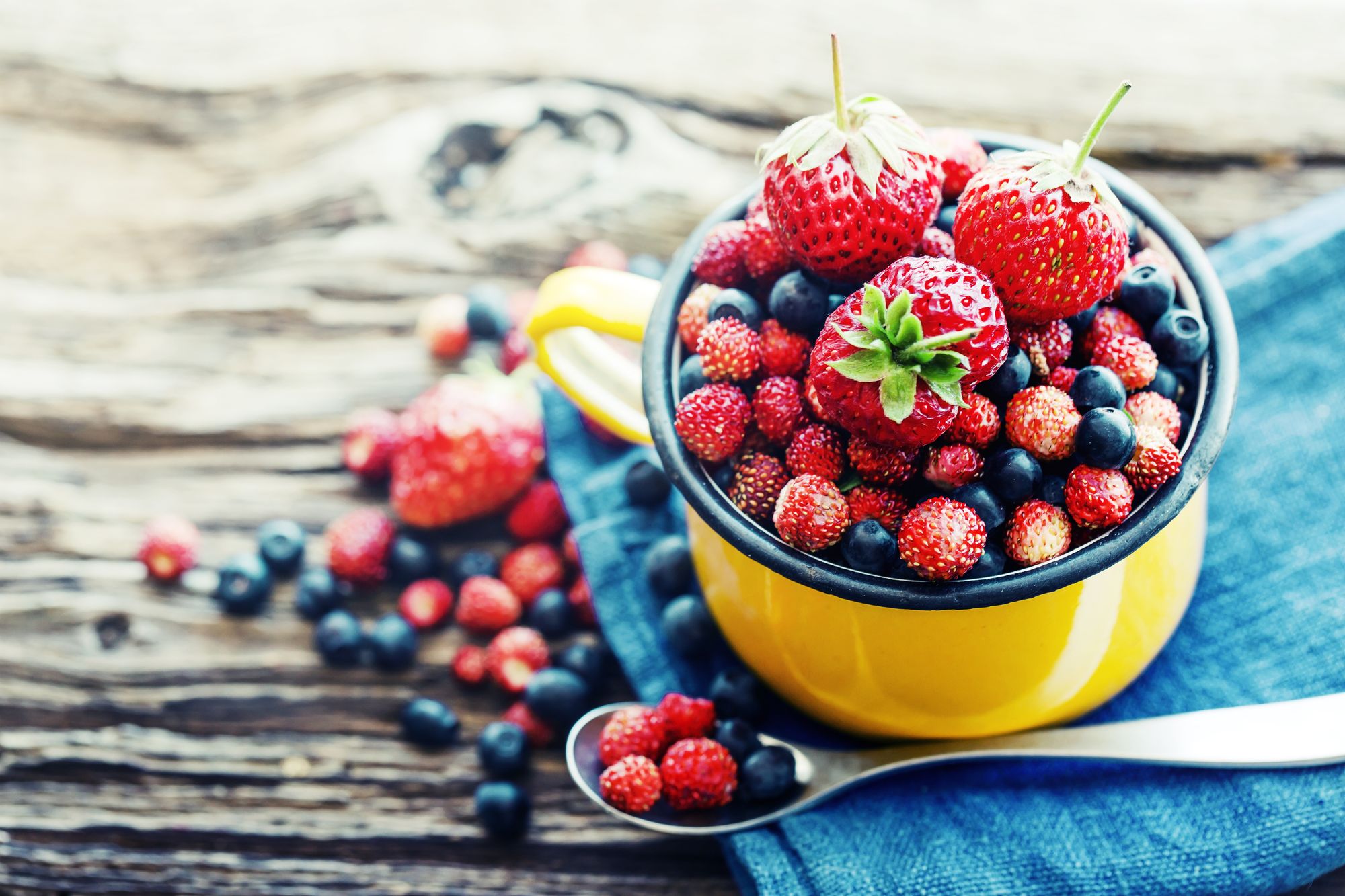
Integrating more berries into your diet, whether by the handful, in cereal, atop toast, or as homemade jam, can significantly benefit your health. Danielle VenHuizen, RD, a Seattle-based dietitian and proprietor of Food Sense Nutrition, highlights that berries are not only a rich source of immune-boosting vitamin C and high in fiber but are also abundant in antioxidants.
VenHuizen further notes that berries can uplift mood and alleviate anxiety, contributing to overall health improvements. A key factor in this effect could be their high flavonoid content. Preliminary studies suggest that consuming just a cup of berries can positively influence executive functions like memory, planning, problem-solving, and attention in children and young adults.
2) Kale
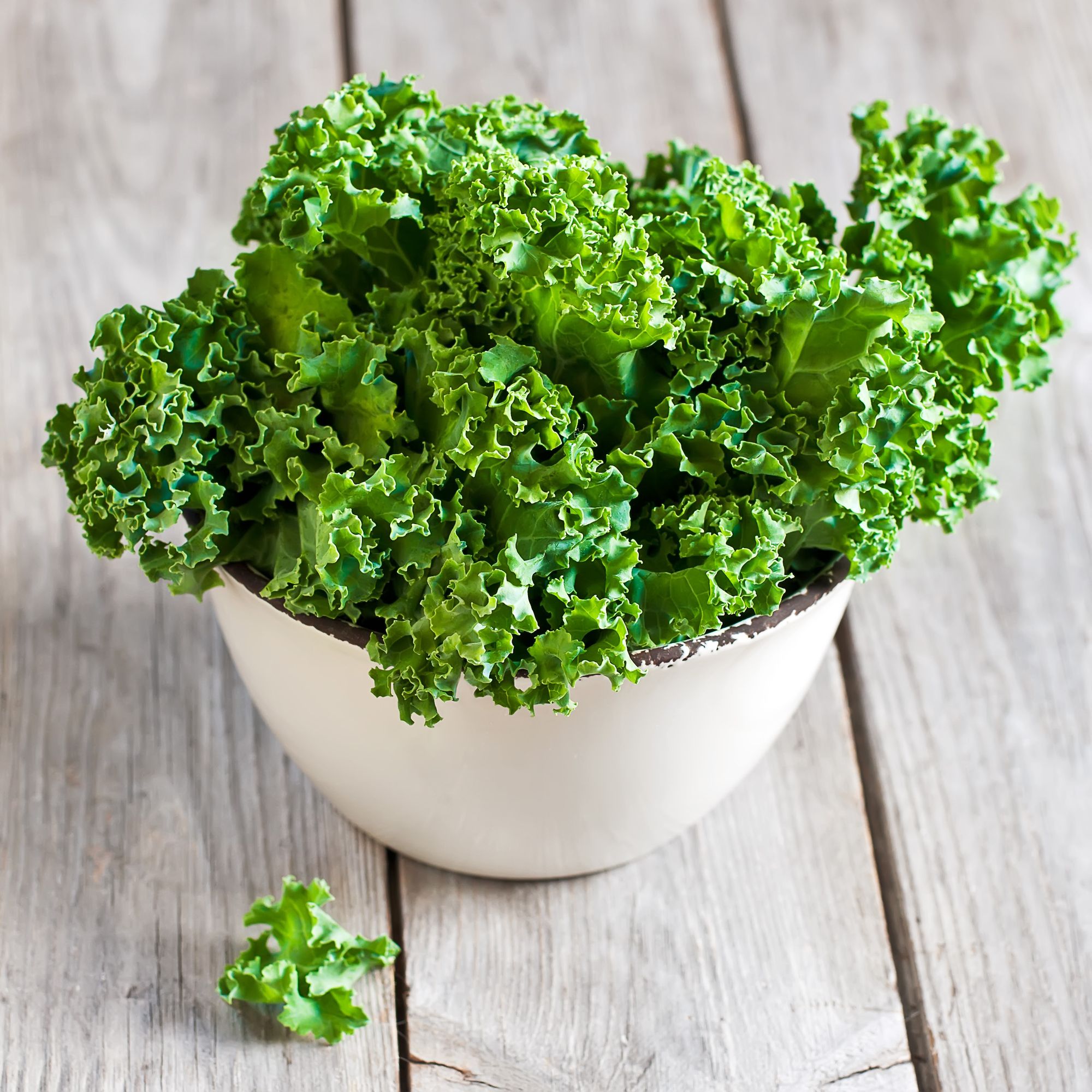
Consuming kale and similar green leafy vegetables every day could lower the risk of dementia, according to Lisa Andrews, MEd, RD, LD.
These vegetables are abundant in nutrients such as lutein, folate, β-carotene, and phylloquinone, all known for their neuroprotective properties that aid in slowing down cognitive decline associated with aging. Incorporating just one serving daily can help maintain mental acuity as you grow older.
3) Tuna Fish
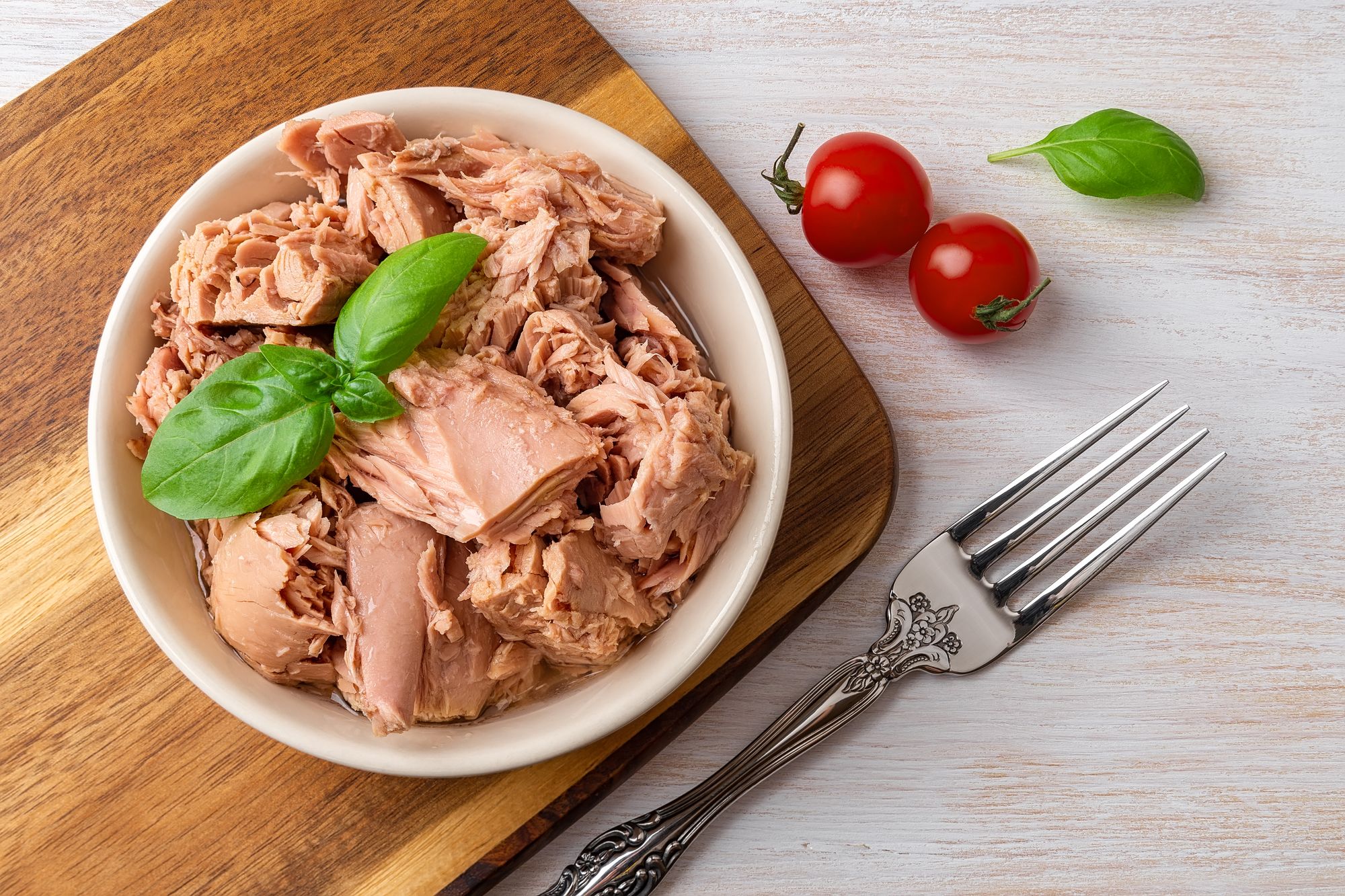
For enhanced memory, sharper vision, and reduced heart disease risk, Chelsea LeBlanc, RDN, LD, a Nashville-based dietitian and owner of Chelsea LeBlanc Nutrition, recommends including fatty fish such as salmon or tuna in your diet at least twice a week.
Omega-3 fatty acids, abundant in fish, are known to diminish heart disease risk. This aligns with the American Heart Association's advice to consume at least two 3.5-ounce servings of fatty fish weekly. Despite these guidelines, many adults don't meet this target, though it's quite achievable.
LeBlanc suggests easy ways to incorporate these into your diet, like adding lox to avocado toast, tuna to your salad, or preparing a simple sheet pan salmon."
4) Watercress
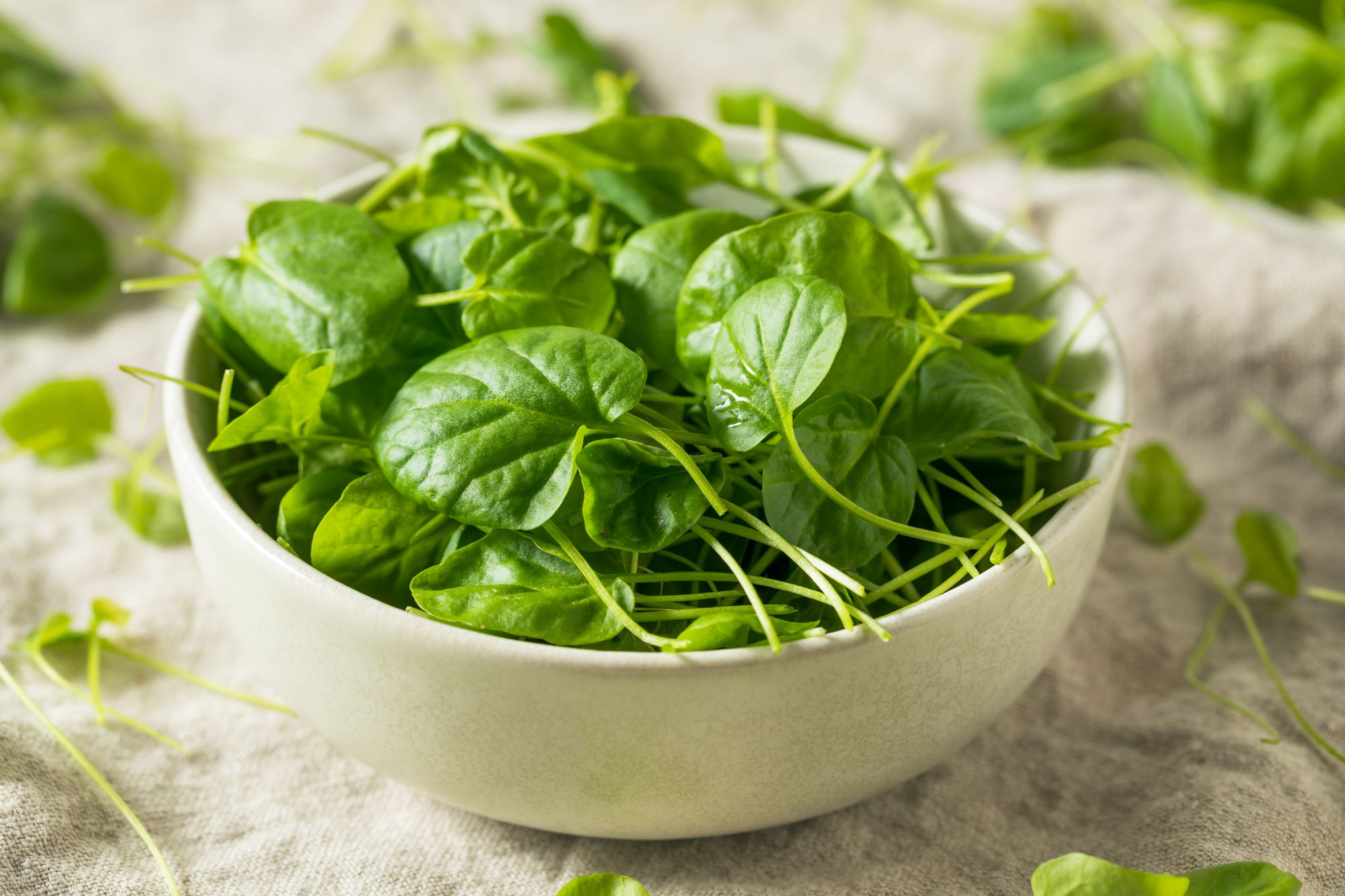
Lauren Manaker MS, RDN, LD, highlights the beneficial plant compounds in watercress, particularly Phenethyl isothiocyanate (PEITC), which is believed to possess anti-cancer properties. While not as ubiquitous as kale or spinach, watercress offers a unique peppery taste that enhances numerous dishes, and its flavor becomes more subtle when cooked. Consider adding this leafy green to salads, soups, stir-fries, sandwiches, or use it to create a flavorful pesto.
5) Yogurt

Incorporating more yogurt into your diet, particularly those types low in sugar and high in protein with live active cultures, can greatly benefit your health. A 2020 study revealed that diets rich in fermented milk products, such as yogurt, are linked to reduced risks of breast and colon cancer, type 2 diabetes, and are also associated with maintaining a healthy weight and promoting heart, bone, and gastrointestinal health.
Yogurt can be enjoyed in various ways: as a standalone snack, as a dip for fruits like apples or bananas, blended into smoothies, or as part of a delicious parfait with berries and granola for breakfast!
6) Water

Alyssa Smolen MS RDN, a dietitian and content creator based in New Jersey, notes that feelings of tiredness or sluggishness are often caused by dehydration. Her advice? Increase your water intake. Although not a food, water is crucial enough to be included in this list.
Smolen explains that water plays key roles in regulating body temperature, waste elimination, and maintaining electrolyte balance. She suggests investing in a new water bottle that you'd enjoy carrying around and incorporating sparkling or flavored waters, such as LaCroix or Spindrift, to boost both your water consumption and enjoyment.
7) Beans
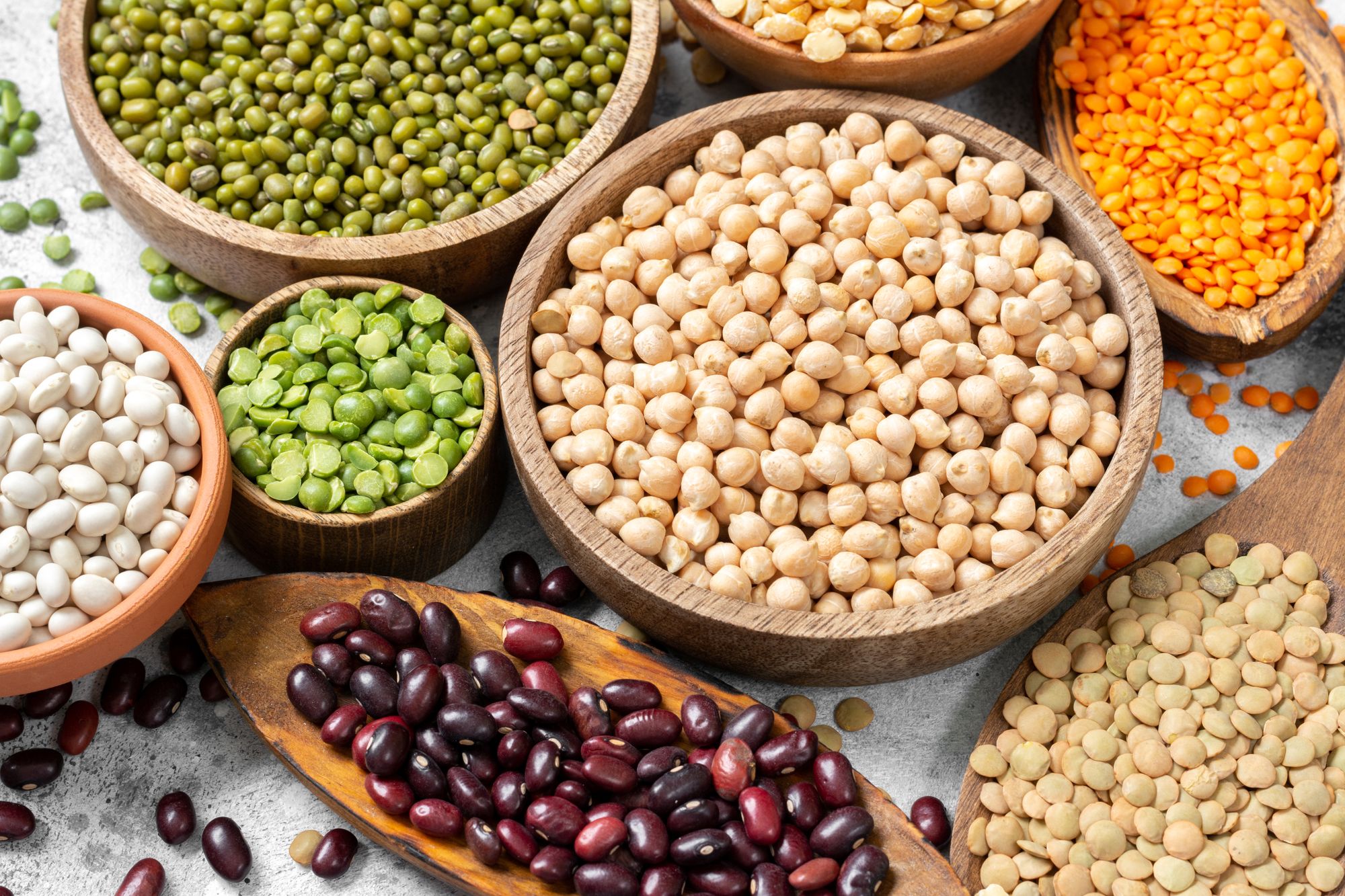
Sarah Pflugradt, MS, RDN, CSCS, suggests that adding a serving or two of beans to your daily diet can significantly enhance its nutritional value, thanks to their rich content of iron, magnesium, and folate. Beans are also a great source of protein and fiber, making them an ideal choice for those looking to increase plant-based foods in their diet. For instance, just half a cup of black beans provides 7.5 grams each of protein and fiber.
Pflugradt also points out the additional health benefits of beans, such as improved glucose control and reduced cholesterol levels. She references a 2021 study published in the Journal of Nutrition, which found that consuming 1 cup of any variety of beans daily for four weeks significantly lowered total and LDL-cholesterol in individuals with high levels of LDL-cholesterol."
8) Oats
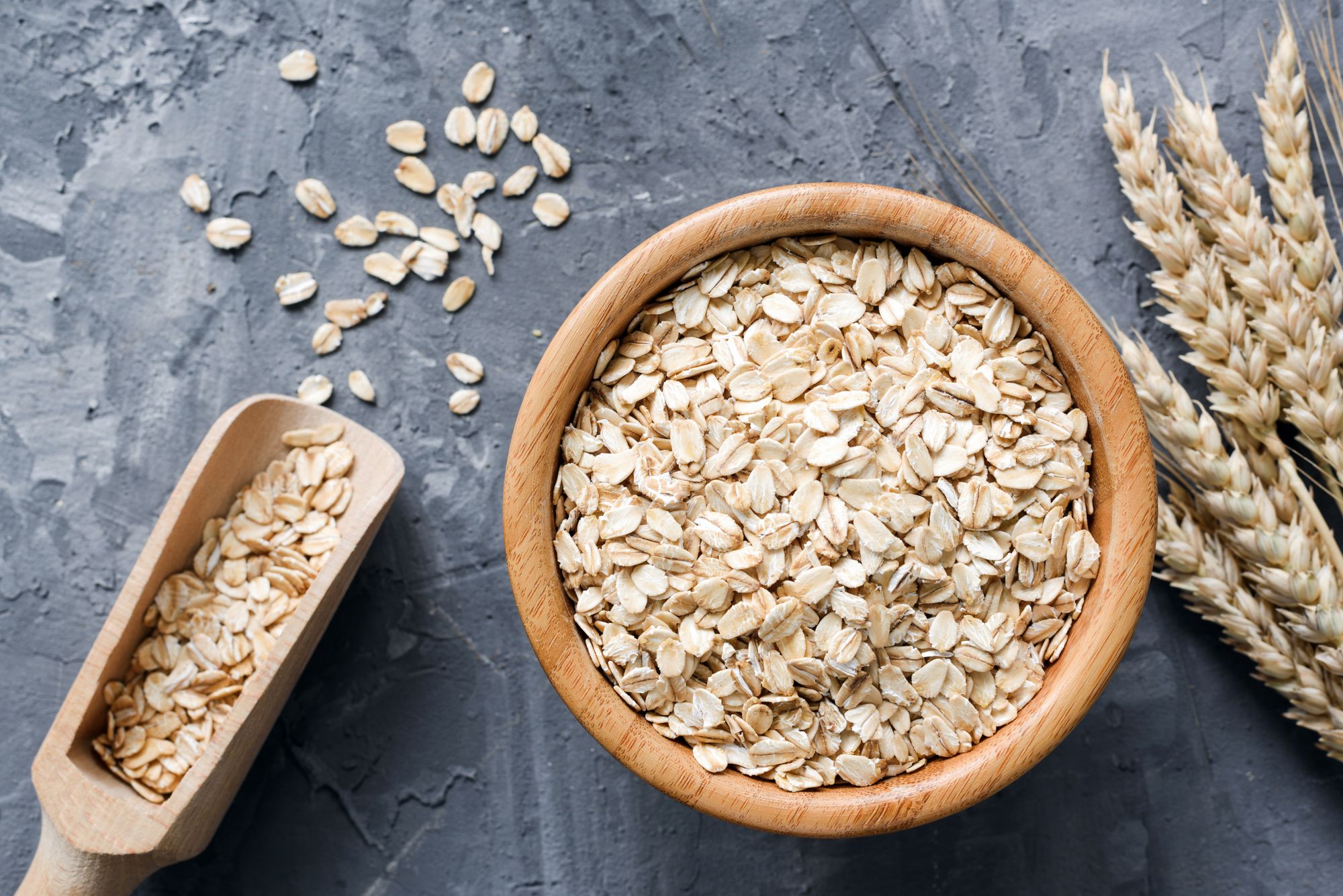
Wan Na Chun (she/her), RDN, a registered dietitian nutritionist and consultant for Health Insiders, emphasizes the benefits of oats, noting their affordability, long shelf life, and versatility, making them an easily accessible option for enhancing overall health.
Oats can be enjoyed in various forms, such as hot oats, overnight oats, granola, or baked into muffins and breads. Their inclusion in your diet can be quite beneficial. Oats are not only a good source of nutrients like iron and magnesium, but they are particularly rich in soluble fiber. Chun highlights that this soluble fiber in oats is instrumental in lowering cholesterol, stabilizing blood sugar levels, and reducing the risk of heart disease.
9) Nuts
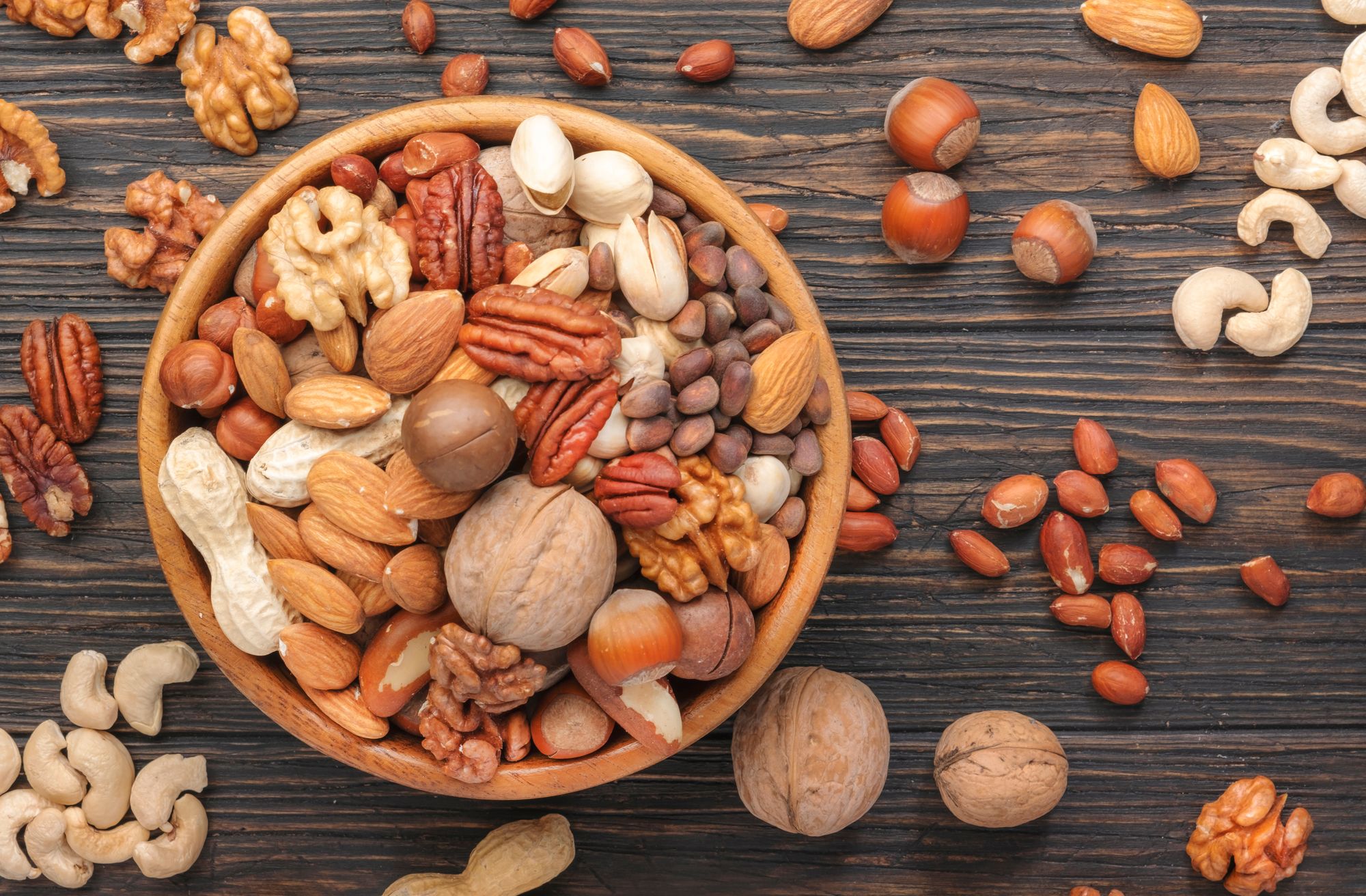
Patricia Kolesa MS, RDN, the proprietor of Dietitian Dish LLC, highlights nuts as an excellent source of fiber and plant-based protein, beneficial for any diet. For example, a small handful of almonds, roughly one ounce, provides 6 grams of protein and 3.5 grams of fiber, along with being a good source of magnesium, copper, and riboflavin.
Bess Berger, RD, an expert dietitian in PCOS and menopause at Nutrition by Bess, addresses the common concern about the high calorie content of nuts. She advocates for them as an ideal snack choice.
Supporting this, a 2019 comprehensive review examining the diets, health, and weight of nearly 145,000 adults revealed that increasing nut intake by just half a serving daily was linked to reduced rates of obesity and weight gain over a 20–24-year follow-up period.
10) Seaweed
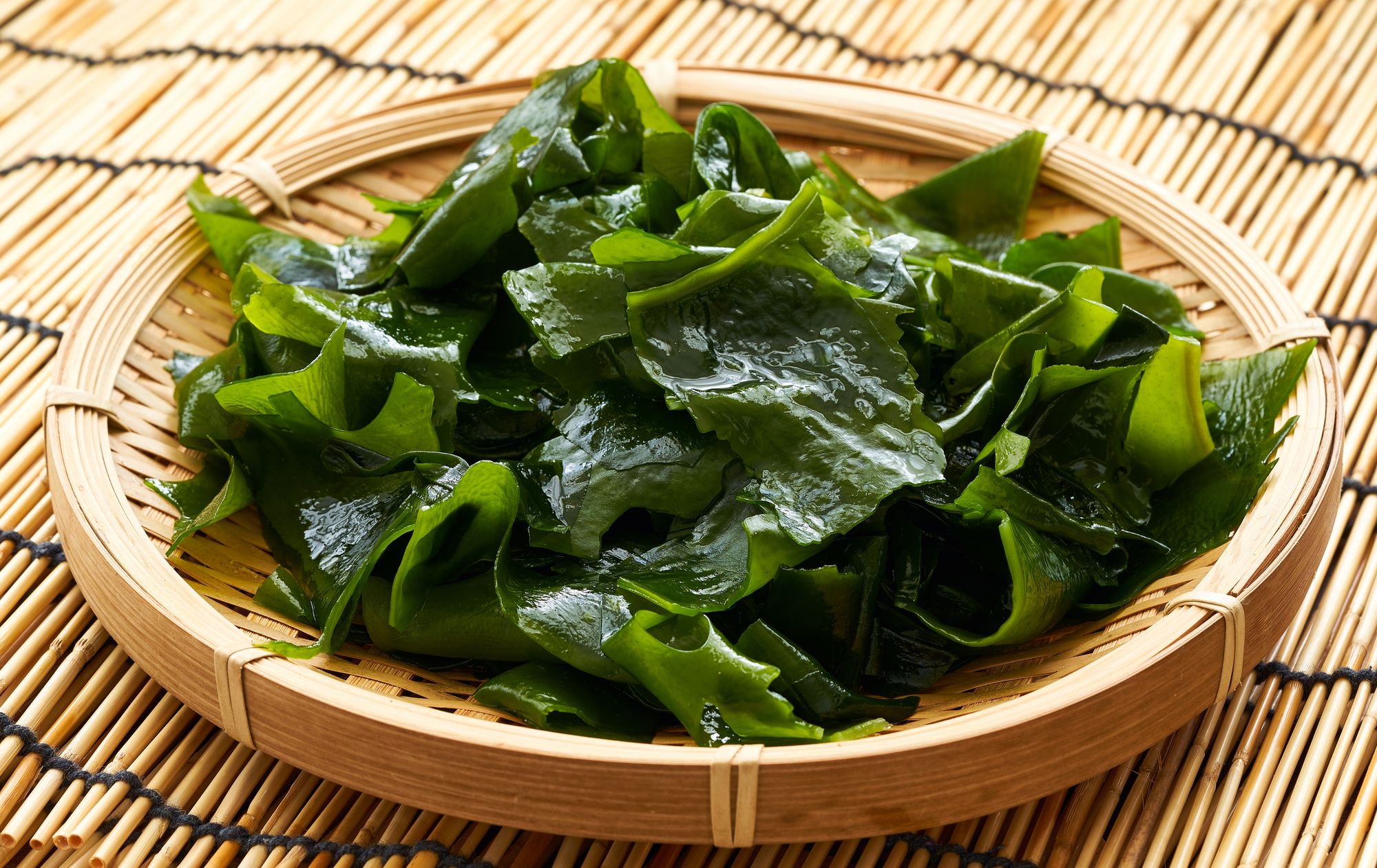
Amy Bene, MS RD CDCES, the founder of Nutrition Insights PLLC, emphasizes the substantial health benefits of seaweed, noting its low-calorie content and high nutrient density.
Seaweed comes in various forms, such as dried spirulina, kelp, or nori, commonly used in Asian cooking. It's a valuable source of vitamins, minerals, protein, fiber, and antioxidants, while remaining low in fat and calories.
For those unfamiliar with seaweed and wondering how to include it in their diet, Bene provides several suggestions. Seaweed is often a component in sushi, miso soup, and can be found dried as a snack. It's also a versatile addition to various dishes, like stir-fries or wraps.
Additionally, dried seaweed "chips" are available in many grocery stores and online, offering a healthier snacking option."

